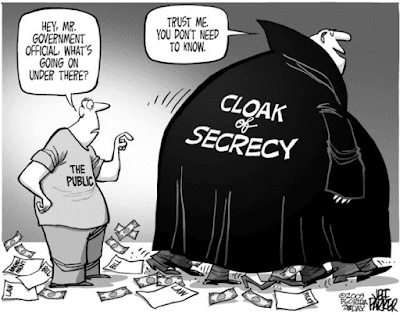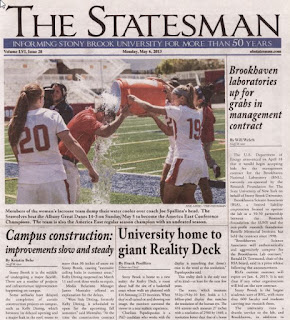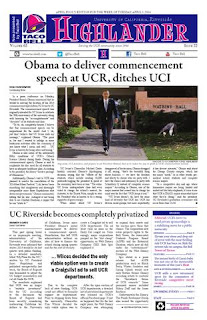It seems to me that there has always been a battle between
the people of our country, who want to know what the government is doing
(especially when it affects them), and those who work for the government, who want to do their
job in their own way, and not have to answer to the people (or anyone else) -
especially since there is a lot of bureaucracy in government that seems to
hamper getting things done. Although I have some sympathy for the government
officials, wanting to ignore the rules and just fix problems, it's we, the people
who elect the government, and who have the right, via the press, and the
Freedom of Information Act, to know what's going on behind closed doors. There are many exemptions to the Freedom of Information Act (FOIA) as well. The
Federal FOIA applies to the executive branch of the
government, but the states each have their own Freedom of Information Act. Sometimes,
it’s companies, not individuals, who are using the FOIA to get the information from
the government, such as in this Arkansas case that started last year. Video
(Take the Arkansas Freedom of Information Act Quiz!)
(Take the Arkansas Freedom of Information Act Quiz!)
An attorney named Steve Shultz has been suing the Arkansas
Department of Corrections (ADC), using the state's FOIA, to
release package inserts and labels for the three drugs used in state
executions. The ADC wants to redact theinformation that would tell exactly who was making and distributing the
drugs. Drug companies don't want their
drugs to be used for state executions; it's bad for their businesses. It's
difficult for the ADC to find sources of the
drugs. If these sources were made public, it would make it more difficult for
them to get access to them, or to find replacements for the drugs. The secrecy
provisions of the state's Methods of Execution Act permits them to redact the
information. Video
None of the articles I've read explain exactly why Shultz is suing; it could be that he has a client who wants to use the information to either sue
the state for a past execution in a wrongful death lawsuit; or he wants to prevent
the state from performing more executions.
He could also be representing the drug companies. Drug manufacturers and their distributorshave been suing ADC for years; they claim that the state obtained their drugs illegally (the companies did
not give them permission to use them for executions). In this case with Shultz, the courts keep telling the ADC to release the information, but then they appeal to higher courts. Because there are three different drugs, there are
three different lawsuits, which makes things even more complicated. Video
The latest ruling from the Arkansas Supreme Court said thatthe ADC could redact certain information fromthe labels that could identify who sold or supplied potassium chloride to the
state. They've sent it to Pulaski County Circuit Judge
Wendell Griffen, who gets to decide which information must be redacted. The court has disagreed with the ADC's assertion that the information must be kept completely secret
because they're only supposed to use FDA-approved manufacturers for their
drugs. Not knowing whose product they're using makes it impossible to tell if
they're in compliance or not. It's interesting to note that Judge Griffen is also a death penalty protester.















